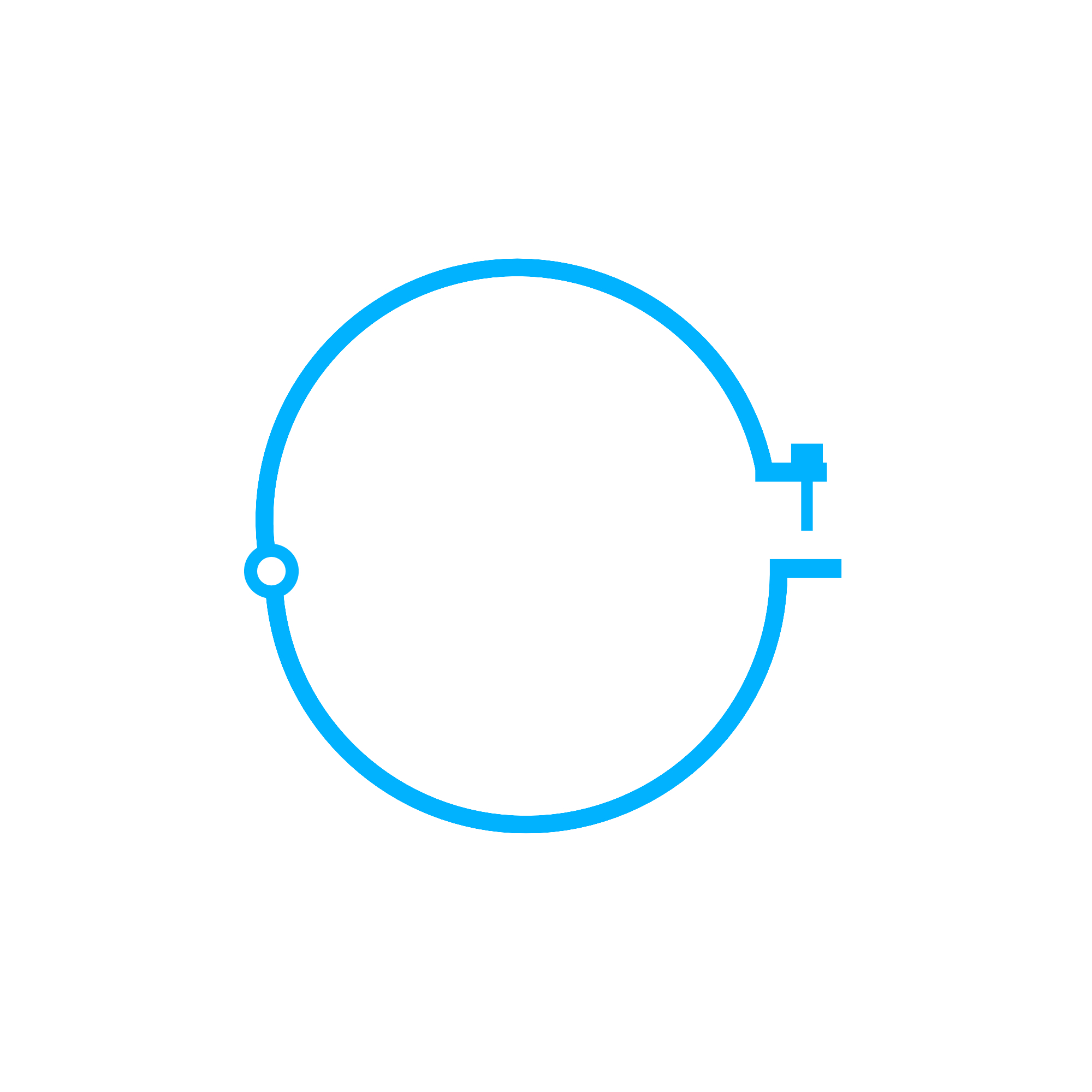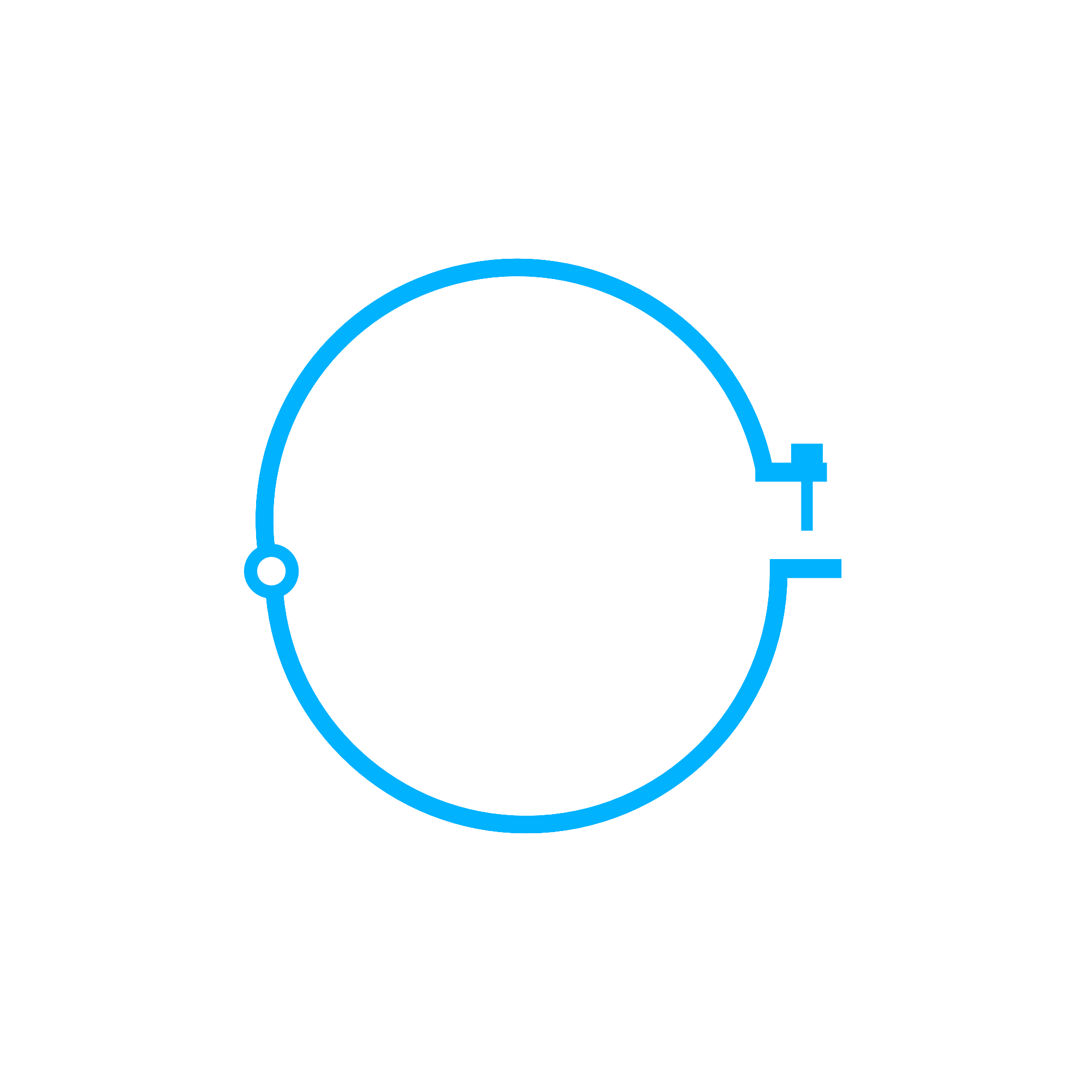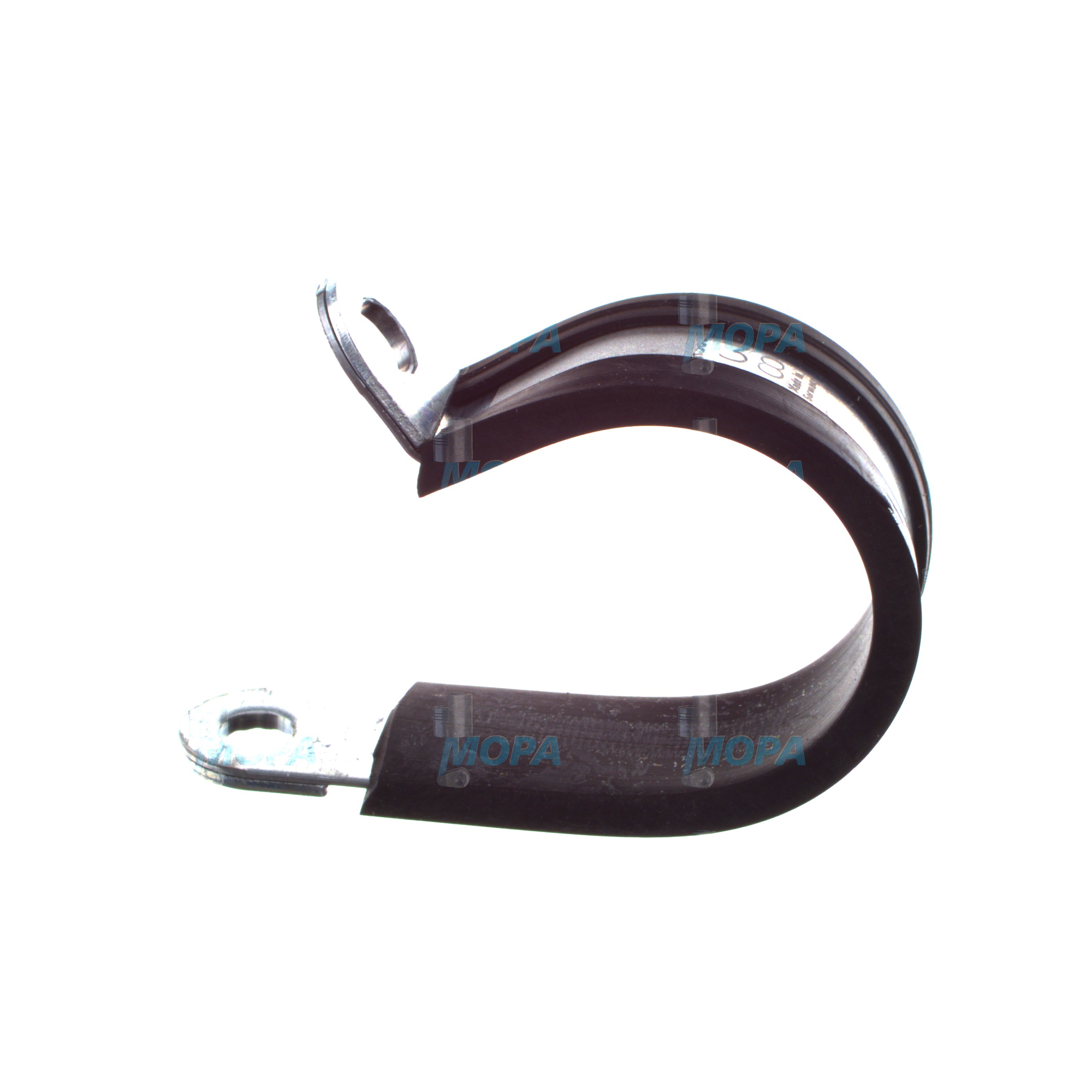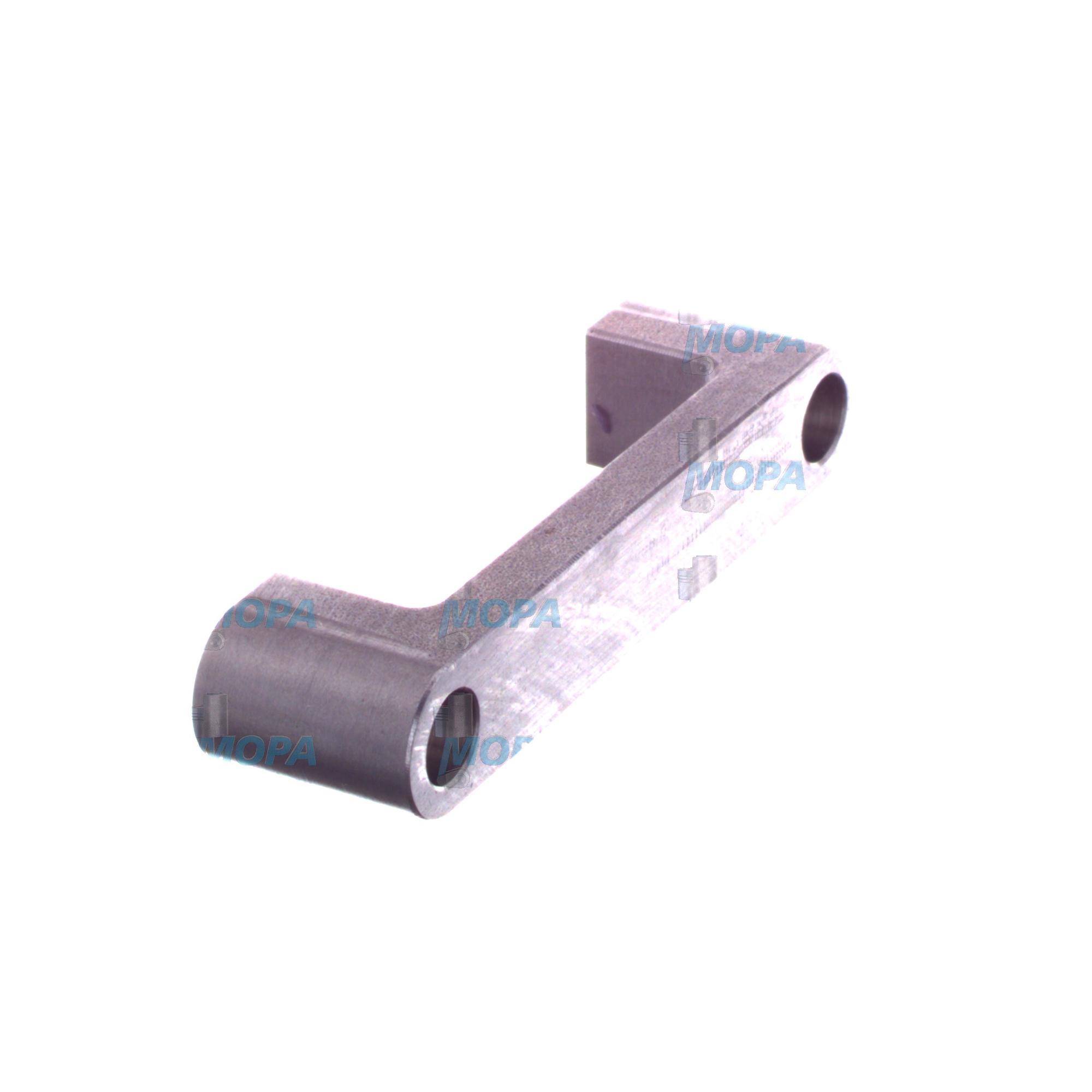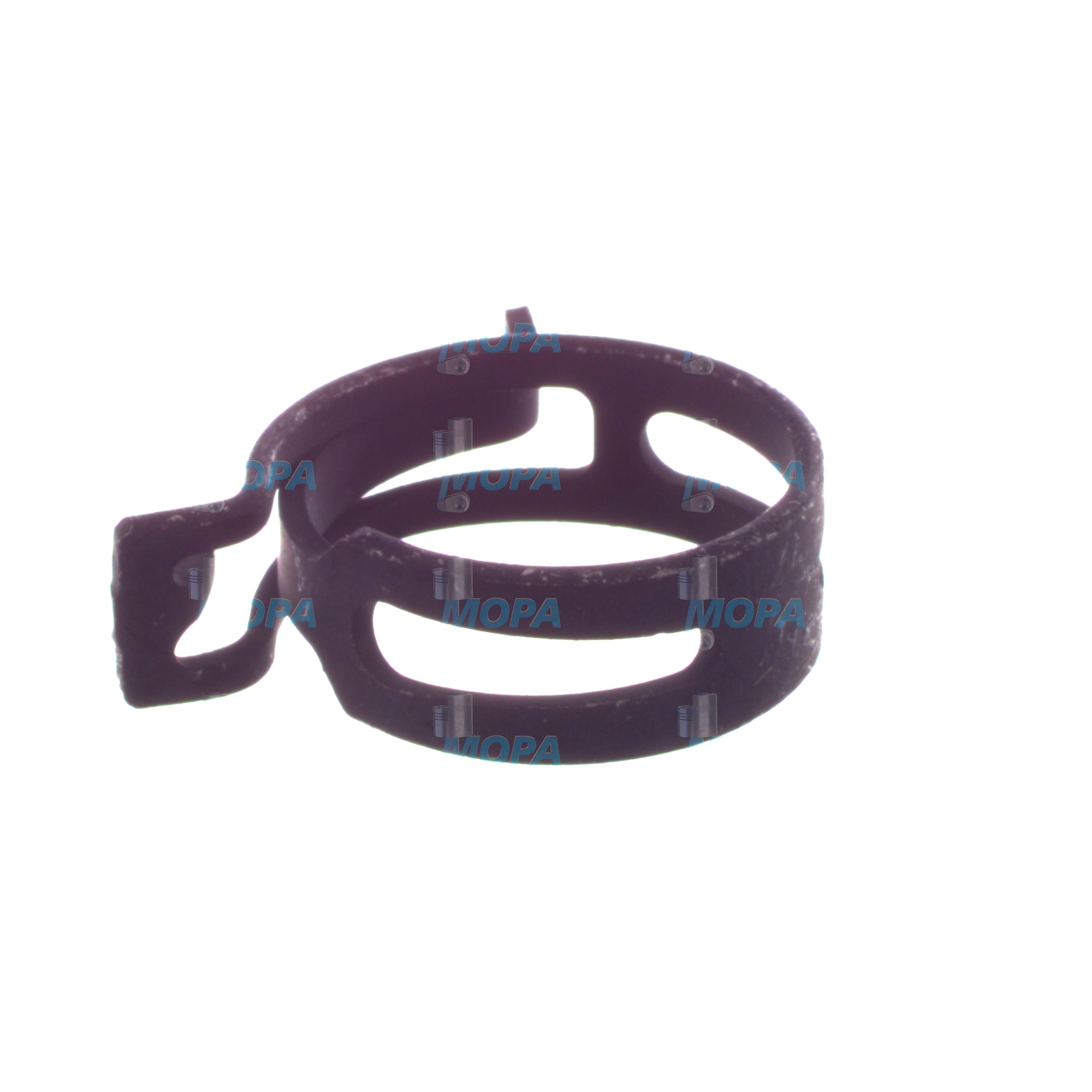PIPE CLAMP solutions for engines: Clamps for marine and diesel applications
Clamps are compact yet critical fasteners used to secure rigid pipes, flexible hoses, and instrumentation lines on engines and auxiliary systems. In marine engine rooms and power generation plants, Clamps maintain the mechanical stability of fuel, lube oil, cooling water, charge-air, and exhaust lines. By holding tubes and hoses in the correct position with controlled clamping force, they protect components from vibration, thermal cycling, and chafing. This makes Clamps an essential category for safe operation, leak prevention, and long service life in demanding diesel and gas engine environments.
Whether configured as a cushioned P-clip, a DIN 3015 block for rigid tubing, a constant-tension hose clamp, or a heavy-duty T-bolt band for boosted air lines, the right PIPE CLAMP selection directly affects reliability and maintenance costs. Engine builders specify exact diameters, materials (e.g., AISI 304/316 stainless steel), lining compounds (EPDM/NBR/silicone), and mounting hardware to ensure the clamp resists corrosion, dampens vibration, and preserves alignment under load.
Technical function of Clamps and PIPE CLAMP in engine systems
In a marine engine or industrial diesel engine, Clamps perform three primary technical functions: securement, isolation, and alignment. A PIPE CLAMP for marine engine service provides the radial retention that keeps a pipe or hose from moving under pulsation, startup torque, vessel motion, and pressure spikes. Rubber-lined Clamps add damping to break vibration paths between the engine block or skid and the piping, reducing transmitted loads that cause fatigue cracks at welds, brazed joints, or flare fittings. Correctly spaced clamp points also keep straightness and offset within tolerance, protecting seals and preventing fretting at brackets.
On fluid systems, Clamps directly influence performance and safety. Fuel and coolant circuits rely on stable hose compression to maintain pressure and avoid micro-leaks that escalate into spray or atomization hazards. Constant-torque designs keep sealing force consistent as elastomers relax and as temperatures swing. For charge-air and exhaust connections, heavy-duty band Clamps prevent blow-off and leakage that would reduce turbo efficiency, raise EGTs, and increase emissions. In instrumentation and control lines, DIN 3015 twin blocks provide tidy routing and minimize signal noise by isolating vibration. In short, a correctly engineered PIPE CLAMP in diesel engine installations supports efficiency, emissions compliance, and safe operation.
Key characteristics and advantages of Clamps
· High clamping force with controlled distribution across the band or block
· Vibration damping via elastomer linings (EPDM, NBR, silicone) and rigid bases
· Corrosion-resistant materials (AISI 304/316 stainless, coated carbon steel)
· Thermal stability for hot oil, coolant, charge-air, and exhaust-proximate zones
· Precise diameters for secure fit on metric and imperial tubing/hoses
· Designs for specific tasks: DIN 3015 blocks, P-clips, T-bolt and constant-tension bands
· Clean routing and spacing to prevent chafing and abrasion
· Compatibility with engine mounts, rails, and skid frames for easy installation
· PIPE CLAMP OEM parts options aligned with engine-maker specifications
Why Clamps are critical for reliability and service life
Clamps safeguard the engine by preventing motion, fretting, and leakage in pipework. When Clamps wear, lose tension, or corrode, small issues rapidly escalate: hose creep leads to coolant or fuel leaks; misalignment increases stress on flanges and unions; vibration passes into the piping and creates fatigue cracks at elbows or welded supports. In marine engine rooms, this can mean unplanned downtime, environmental incidents, or safety hazards from atomized fuel. On high-boost diesel engines, a failed charge-air clamp drops manifold pressure, driving up fuel consumption and exhaust temperatures and threatening turbocharger health.
Regular inspection for lining hardening, band pitting, bolt elongation, and bracket loosening is essential. Replacing worn Clamps on schedule maintains line integrity, protects sensors and auxiliary equipment, and extends the service life of hoses, pipes, and fittings. Strategically placed PIPE CLAMP supports also reduce noise and vibration, improving crew comfort and extending the life of surrounding components and cable trays.
Advantages of OEM spare parts suitable for Clamps
Spec-compliant OEM spare parts suitable for Clamps deliver consistent fit and performance across maintenance cycles. Dimensional accuracy ensures correct compression on hoses and true centerline for rigid tube runs, while material traceability provides confidence in corrosion resistance and temperature capability. For purchasers and fleet managers, this consistency is essential to maintaining standardized installation practices and predictable maintenance outcomes.
By choosing OEM spare parts suitable for the Clamps on your diesel or gas engine, you benefit from clear technical alignment with engine documentation, tested clamp loads, and proven compatibility with brackets, rails, and enclosure constraints. The result is higher operational reliability, fewer leak-related callouts, and optimized total cost of ownership due to longer component life and reduced rework. For critical circuits—fuel, lube oil, jacket water, HT/LT cooling, and charge-air—a PIPE CLAMP OEM parts selection minimizes risk while supporting performance and compliance.
MOPA: your partner for OEM spare parts Clamps
MOPA is an experienced, reliable partner for OEM spare parts Clamps across marine, power generation, and industrial applications. We focus on speed, quality, and security in the trade of OEM parts for diesel and gas engines, helping operators keep assets available and compliant. From DIN 3015 tube blocks and cushioned P-clips to constant-tension and T-bolt PIPE CLAMP solutions, MOPA supports you with technically correct configurations, fast sourcing, and documented traceability.
Our team assists with cross-references, diameter and material selection, and kit bundling for overhauls, ensuring that every clamp interfaces properly with existing brackets and pipe runs. With responsive lead times and a global supply network, MOPA helps shipowners, yards, and power plant operators minimize downtime and execute maintenance with confidence.
Conclusion
Clamps are small components with a big impact on engine safety, efficiency, and longevity. The right PIPE CLAMP choices keep lines secure, control vibration, and prevent leaks in demanding diesel and marine engine environments. Opting for OEM spare parts suitable for Clamps protects performance, supports budget goals, and extends service life across your fleet.

